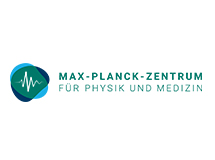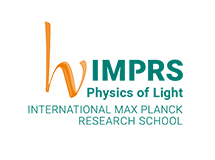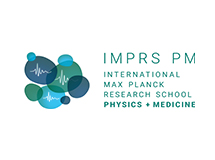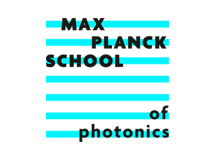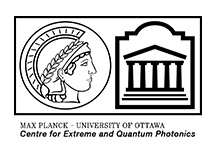"Insight must precede application."
Max Planck
More than 15,000 publications each year in internationally renowned scientific journals are proof of the outstanding research work conducted at Max Planck Institutes – and many of those articles are among the most-cited publications in the relevant field.
The Max Planck Society conducts basic research in the natural sciences, life sciences, and humanities. It was founded in 1948 as a successor organisation to the Kaiser Wilhelm Society. With its 86 Max Planck Institutes and facilities, it is the international flagship for German science: in addition to institutions outside of Germany, it operates another 20 Max Planck Centers with research institutions such as Princeton University in the USA, the Paris University Science Po in France, the University College London in UK, and the University of Tokyo in Japan.
The name "Max Planck" is well-known worldwide. Germany's most successful research organization, the Max Planck Society, has 29 Nobel Laureates among the ranks of its scientists.
2022 - Nobel Prize in Medicine
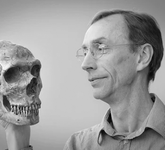
The Nobel Prize in Medicine 2022 was awarded to Svante Pääbo (Max Planck Institute for Evolutionary Anthropology, Leipzig) "for his discoveries concerning the genomes of extinct hominins and human evolution".
2021 - Nobel Prize in Chemistry

The Nobel Prize in Chemistry 2021 was awarded jointly to Benjamin List (Max-Planck-Institut für Kohlenforschung, Mülheim an der Ruhr) and David W.C. MacMillan "for the development of asymmetric organocatalysis."
2021 - Nobel Prize in Physics
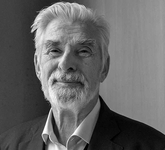
The Nobel Prize in Physics 2021 was awarded "for pioneering contributions to the understanding of complex systems". One half goes jointly to Klaus Hasselmann (Max Planck Institute for Meteorology, Hamburg) and Syukuro Manabe "for the physical modelling of the Earth's climate, the quantification of fluctuations and the reliable prediction of global warming" and the other half to Giorgio Parisi "for the discovery of the interplay of disorder and fluctuations in physical systems from atomic to planetary scales".
2020 - Nobel Prize in Chemistry

The Nobel Prize in Chemistry 2020 was awarded jointly to Emmanuelle Charpentier from the Max Planck Research Unit for the Science of Pathogens (at the time of the awarded research at the University of Vienna and Umeå University) and Jennifer A. Doudna "for the development of a method for genome editing."
2020 - Nobel Prize in Physics

Reinhard Genzel, Director at the Max Planck Institute for Extraterrestrial Physics in Garching, received the Nobel Prize for Physics 2020 together with Roger Penrose and Andrea Ghez. The Royal Swedish Academy honours the scientists for their black hole research.
2014 - Nobel Prize in Chemistry

In 2014, the Nobel Prize in Chemistry went to three researchers: Stefan W. Hell (Max Planck Institute for Biophysical Chemistry, Göttingen), Eric Betzig (Howard Hughes Medical Institute) and William E. Moerner (Standford University) in honour for their contributions to nano-optics, with which they have overcome the physical resolution limit of optical microscopy and imaging with a chemical trick.
2007 - Nobel Prize in Chemistry
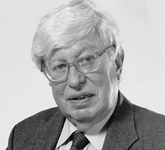
In 2007, Gerhard Ertl (Fritz Haber Institute of the Max Planck Society, Berlin) was honoured for his work on chemical processes on solid surfaces. His studies formed the basis for our understanding of industrial catalysts and catalytic processes.
2005 - Nobel Prize in Physics
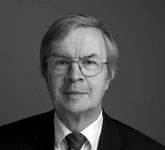
In 2005, Theodor W. Hänsch (Max Planck Institute of Quantum Optics, Garching) and the Americans Roy J. Glauber and John L. Hall were honoured for their research on spectroscopy. Hänsch and Hall received the coveted prize “for their contributions to the development of laser-based precision spectroscopy, including the optical frequency comb technique”.
... many more ...
e.g.
1921 - Nobel Prize in Physics
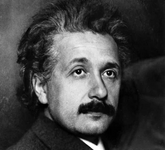
Albert Einstein (Kaiser Wilhelm Institute for Physics, Berlin (Today: Max Planck Institute for Physics, Munich)) received the prize “for his services to theoretical physics, especially for his discovery of the law of the photoelectric effect”, which he described in 1905. Contrary to the prevailing theory of James Maxwell – but in agreement with the radiation formula of Max Planck – Einstein assumed that light consisted of particles (photons) that could change the energy of electrons upon impact. This was an important step on the way to quantum mechanics.


